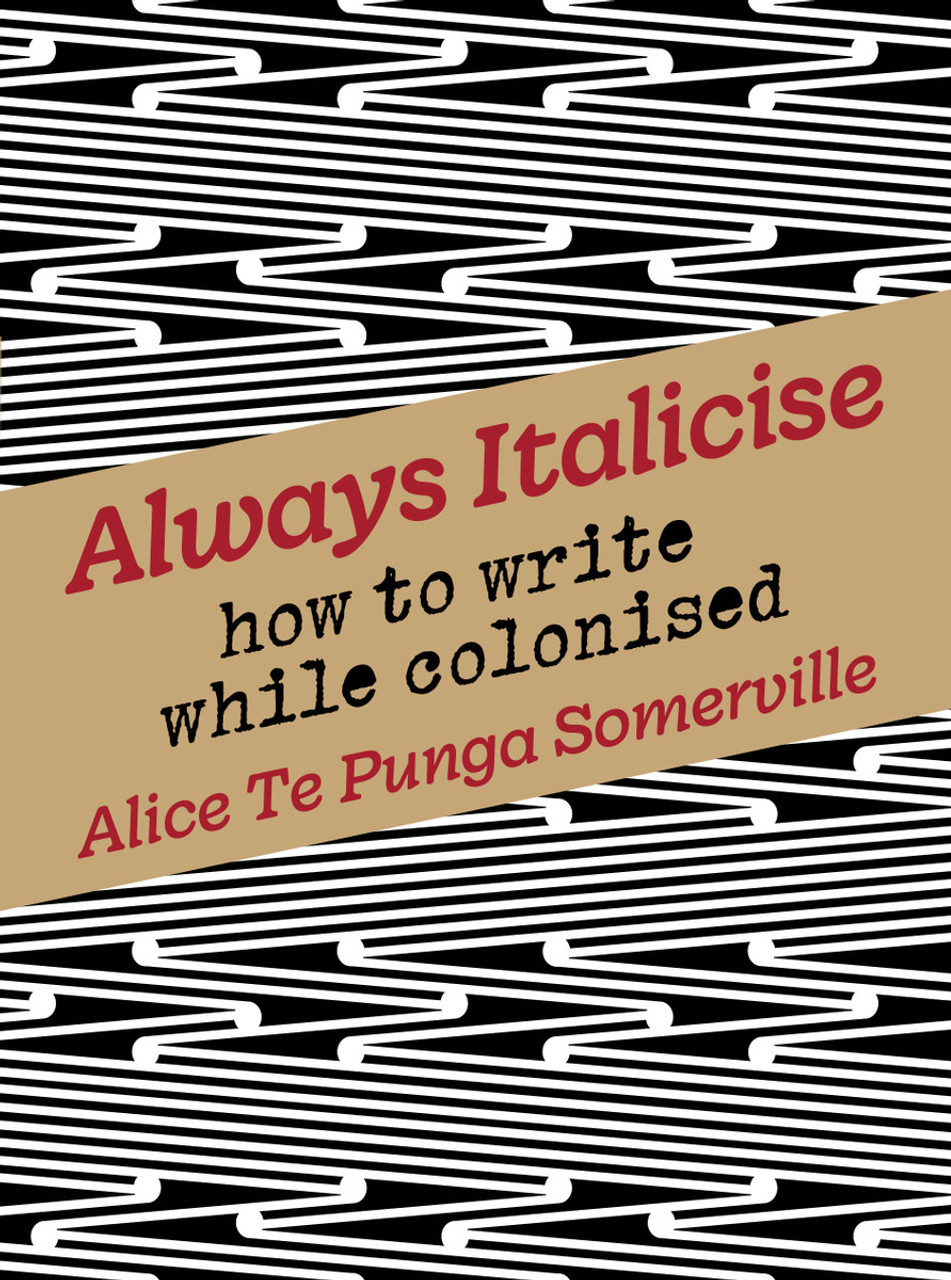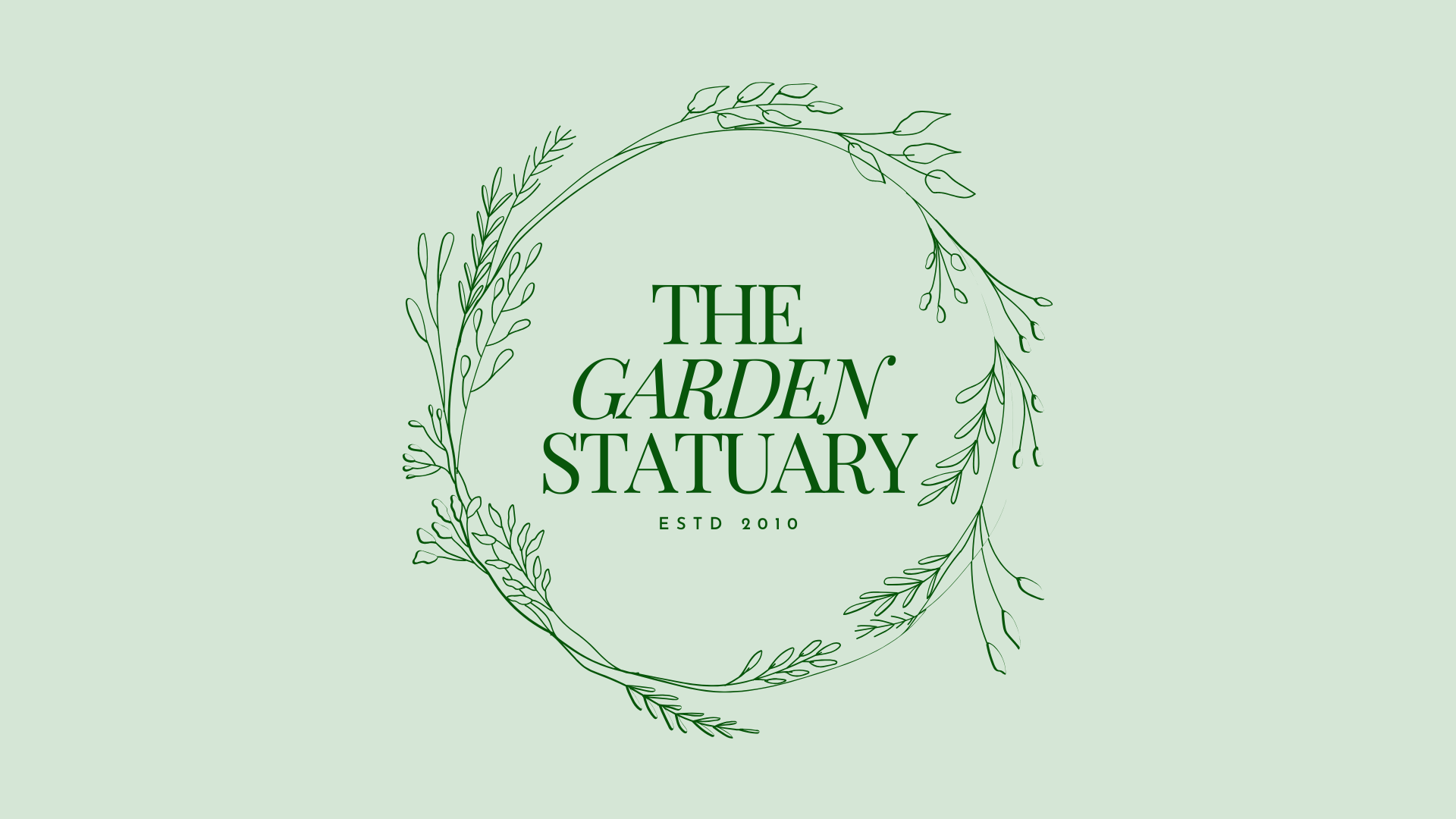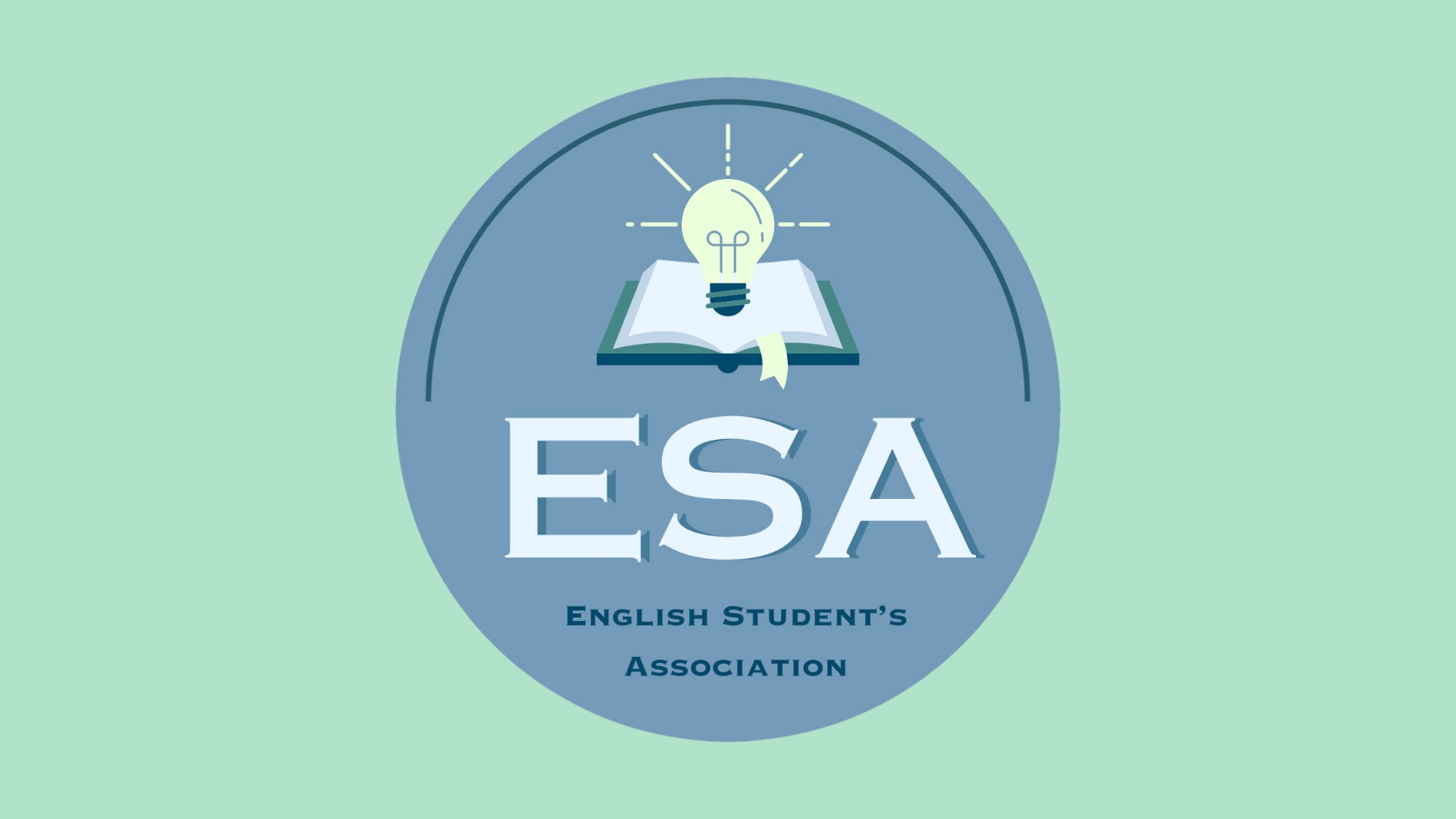Dr. Te Punga Somerville (Māori – Te Āti Awa, Taranaki) is a scholar, poet, and irredentist whose research and teaching centre Indigenous expansiveness to de-centre colonialism. In September 2022, she published her first book of poetry, Always Italicise: How to Write While Colonized with Aukland University Press. Always Italicise is an invitation to confront colonial logics on how its subjects are supposed to relate to the world as dictated by the English language. It is also an articulation of fierce hope, inked with love, for how we can choose to see each other instead.
In this generous interview, Dr. Te Punga Somerville shares her reflections on poetry, relationality, and how building networks beyond academia can be a way of overcoming the incapacitating fear of individual failure.
Always Italicise: How to Write While Colonized is available from the Aukland University Press and will be widely available in Canada in early 2023.
We’re jumping in and avoiding clichés! What is your book not about?
It’s not about being a tragically oppressed Indigenous person who can’t write or doesn’t want to. It’s not a disavowal of what writing and English have meant, and continue to mean, to me. It’s not about a sad little end point of one way language loss but a midway point between past and future generations of fluent speakers.
Always Italicise: How to Write While Colonized book cover.

You write and format with such piercing wit. There’s obvious craft there, but your choices seem to align with something beyond an indulgence in cleverness. What role does wit and humour play for you in poetry and in this work of decolonization?
I think humour is a major feature of Māori culture. We use it for entertainment, but also for connection, and maybe humility. Often teachers will use humour to communicate or reinforce particular details. This is not unique to Māori. I often think about Vine Deloria’s Custer Died for your Sins and his chapter on ‘Indian humour,’ which sits right at the centre, or heart, of the book.
I have seen humour used as a strategy – it interrupts, it refuses, it critiques, it ridicules, it connects. But for outsiders and for colonial logics, humour can be illegible, like we aren’t serious or shouldn’t be taken seriously, or invisible. Our singing, our dancing, our language, our violence, our dysfunction, our tragedies are widely known and represented in literature. But our jokes? Not so much.
Do you ever find that the demands of being a poet and being an academic can pull you in different directions and force you to be different people?
No, I find they reinforce each other. Poetry and academia do different things, and allow me to think in different ways. Often they feel like they depend on each other. Rather than making me feel like two different people, I feel like doing both means I get to be all of me.
“There's a way the older people have of telling a story, a way where the beginning is not the beginning, the end is not the end. It starts from a centre and moves away from there in such widening circles that you don't know how you will finally arrive at the point of understanding, which becomes itself another core, a new centre.”
In a conversation with Emalani Case (Kanaka Maoli), you describe how colonial ways of seeing history as linear isn’t very helpful to understanding relationality. Instead, you offer Patricia Grace’s words, where “the beginning is not the beginning, and the end is not the end.” What does this mean?
Honestly, I think I am still trying to figure this stuff out. I am still learning these things that I wish were part of my default ways of being but they’re not. This is one of the reasons my book is subtitled ‘how to write while colonised.’ Because I am. Deeply.
The concept of multidimensionality described so beautifully by Patricia Grace is something I am thinking about consciously with the hope it will rewire my unconscious mind. To a large extent, it is about reframing the notion of directional movement. In the context of teaching, it asks, how can we rethink the idea of starting somewhere (with nothing) and ending up somewhere else (with something)? I have been thinking about how to build in more repetition, and circling back, and reworking in a way that extends in the classroom and in assignments.
What does this reframing of directional movement look like in application?
In my grad seminar ENGL 551 this semester, the students start each session weaving a four-stranded plait from a specific island in the Pacific. I think they’re figuring out this is not just time-wasting, relaxing or appropriative, although it could be any of those. Instead, this practice becomes a centre from which each class session unfurls and is connected to the others.
Relationality in teaching might be about readings or group work or discussions. It might also be about holding the logics of the institution in relation with other logics. This semester, I invited my Indigenous Studies undergrads in FNIS 300 to set their own assignment deadlines and to align their workflow with Indigenous calendars. We are all keen to see how this turns out!
Speaking of holding the logics of the university in relation with other logics, you’ve previously pointed out elsewhere the necessity of gesturing towards sites of knowledge production outside of the institution. What does this decentering of institutional knowledge and power look like?
I used to think that if I wasn’t personally operating in all of these spaces outside of the university, I was failing at this decentering – as if having fingers in all the pies somehow meant I was reframing the work and significance of the institution.
“Over time, I have come to understand that by thinking in this way, we risk becoming paralysed by our sense of individual failure to both demonstrate and radically change the relationship between the academy and everything else. None of us needs to be, or can be, all the things!”
Now, the point for me has become decentering the university even as I work in the institution through networks with people who work beyond it. I won’t disavow the privilege and the beautiful space-creating things that are possible in these institutions, often despite the deep histories or logics of these places. At the same time, I want to gesture at every opportunity to the many ways that academia is not the only knowledge-related game in town.
In a biography beneath one of your poems, you tell us about winning a principal’s poetry award for writing about tulips as a seven-year-old. What would a conversation between you and your younger self look like?
I had forgotten about that prize – a gold sticker! – until I was an adult and I found it tucked into some other stuff.
I would ask her to tell me details of how things are at that moment, about the family gatherings where she was one of the little kids running around in rooms full of relatives that are no longer with us. You think you’ll remember but there’s so much I have already forgotten.
I would tell that kid to keep writing. I would tell her not to waste time wishing her experience of being Māori looked different, that every version of being Māori is Māori. I would also tell her that the Māori world changes and we change along with it and that’s okay, and that one day the language would come back to her family.


